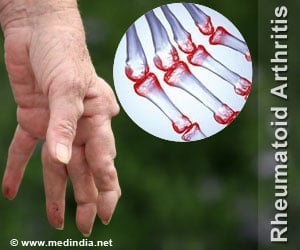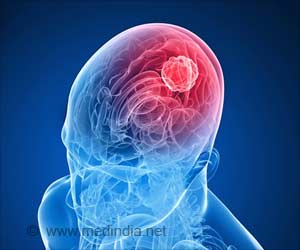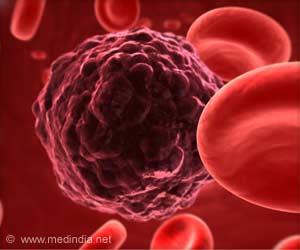The discovery of a new chemical British scientists could help produce large stocks of cells needed to develop new medical therapies.
The discovery of a new chemical by British scientists could help produce large stocks of cells needed to develop new medical treatments.
A major problem with the stem cell therapy is the question of storage. For the parent cells are inherently unstable, they begin to mutate into other cells as soon as they are created, making it difficult to store them for more than a day or two.Now scientists at the Universities of Bath and Leeds have discovered a chemical that can stop stem cells from turning into other cell types, allowing researchers to use these cells to develop new medical treatments more easily.
The new chemical can be added to embryonic stem cells grown in the lab, allowing them to multiply without changing into other cell types, Biotechnology Europe News reports.
Professor Welham, who is co-director of the University of Bath's Centre for Regenerative Medicine, explained: ''Stem cells have great potential for treating spinal injuries and diseases like type I diabetes because they can change into a range of specialised cell types including nerve or pancreatic cells, which could be used to repair damaged tissues.
''Unfortunately, when you grow stem cells in the lab, they can spontaneously develop into specialised cells, making it difficult to grow large enough stocks to use for medical research.
''We've identified a chemical that will put this process on hold for several weeks so that we can grow large numbers of them in their unspecialised state. This is reversible, so when you take it away from the cells, they still have the ability to change into specialised cells.''
Advertisement
The researchers found that the chemicals worked by blocking an enzyme, called GSK3, that can control when the stem cell switches to a more specialised cell type.
Advertisement
The research, supported by funding from the Biotechnology & Biological Sciences Research Council, is published in the prestigious peer-reviewed Cell Press journal, Chemistry & Biology.
Source-Medindia
GPL/L










